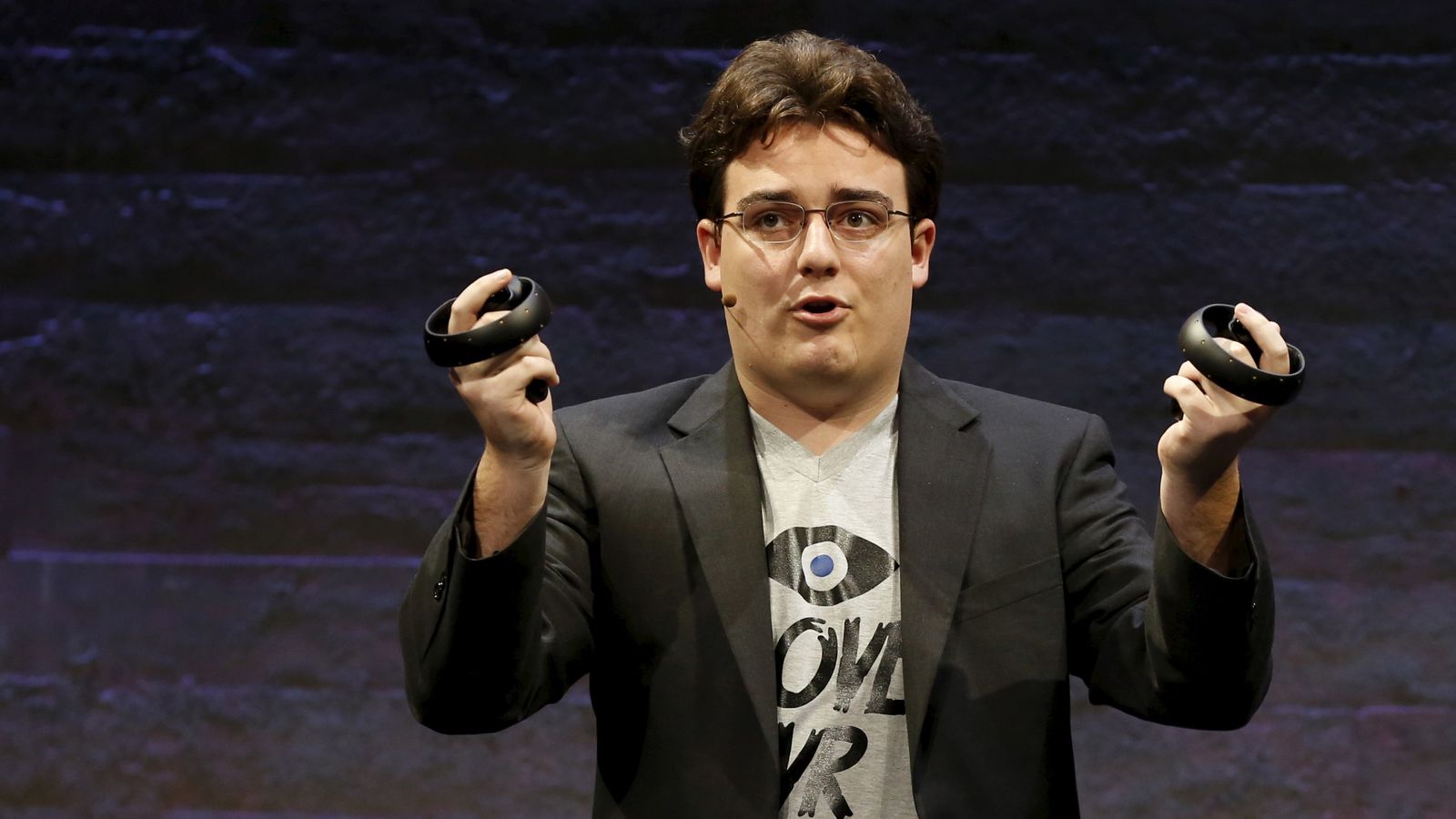The man credited with bringing virtual reality back to mainstream attention claims to have created a headset which can kill you.
Palmer Luckey says the NerveGear device has been designed so that if someone dies within the game or experience they are using it for, they would die in real life as well.
The 30-year-old, who sold his VR company Oculus to Facebook for $2bn back in 2014, paving the way for the company to pivot to the technology and rebrand as Meta, explained the concept “has always fascinated [him] “.
“You instantly raise the stakes to the maximum level and force people to fundamentally rethink how they interact with the virtual world and the players inside it,” he wrote on a blog post.
“Pumped up graphics might make a game look more real, but only the threat of serious consequences can make a game feel real to you and every other person in the game.”
In what sounds like a back-of-the-box feature in the making, Mr Luckey said the headset comes equipped with three explosive charge modules positioned above the visor.
They can be programmed to trigger upon death inside a VR experience, “instantly destroying the brain of the user”.
Metaverse: You can’t walk on this land or build a house, but plots are still selling for thousands of pounds
Oculus Rift price slashed again amid concerns over sales
CES tech show in Las Vegas dominated by VR and self-drive cars
‘A huge variety of failures could occur’
Before you rush off to the metaverse, the headset has purely been made as a display model for now.
Mr Luckey admitted there were “a huge variety of failures that could occur and kill the user at the wrong time” in its current state, and that’s why he hadn’t yet tried it himself.
“At this point, it is just a piece of office art,” he wrote.
Mr Luckey revealed the headset was inspired by the events of an anime called Sword Art Online, which features a similar contraption.
The NerveGear is a personal project, with the entrepreneur having backed away from mainstream VR game development since leaving Oculus five years ago.
He has been a controversial figure since it was revealed he had donated to a pro-Trump campaign group ahead of 2016’s presidential election, which saw some game developers suspend plans to support Oculus.
Following his departure from Facebook in 2017, the company denied it was due to his political views.
He has since founded defence contractor Anduril Industries.






















